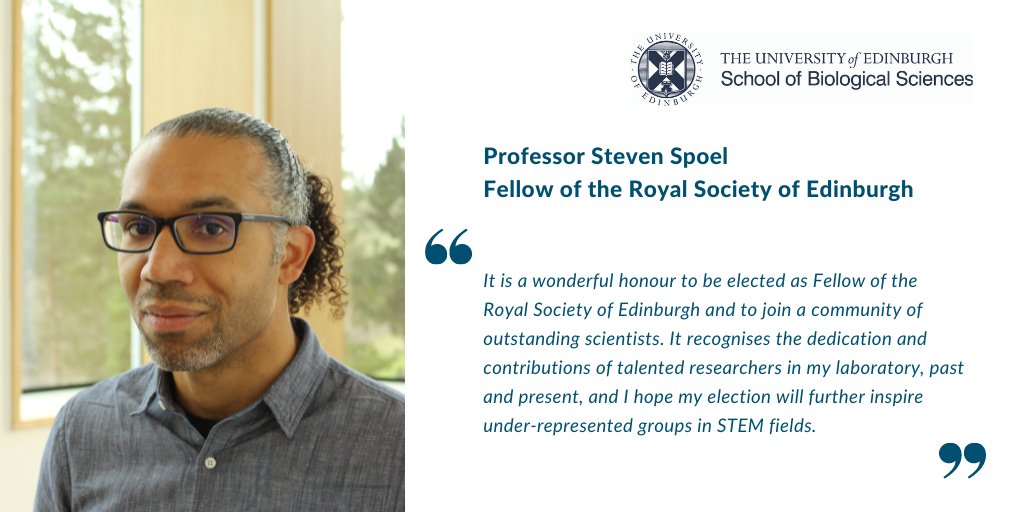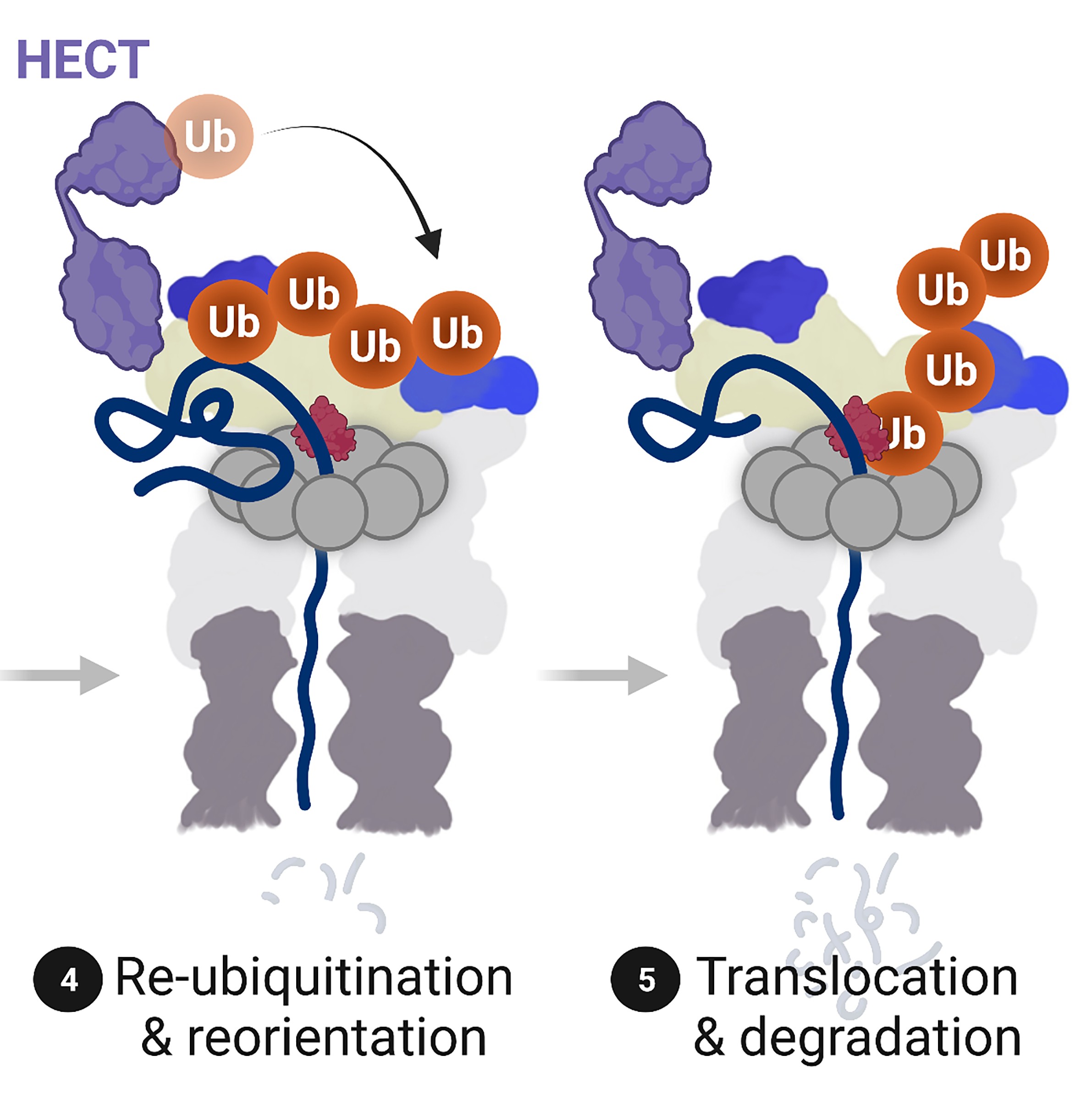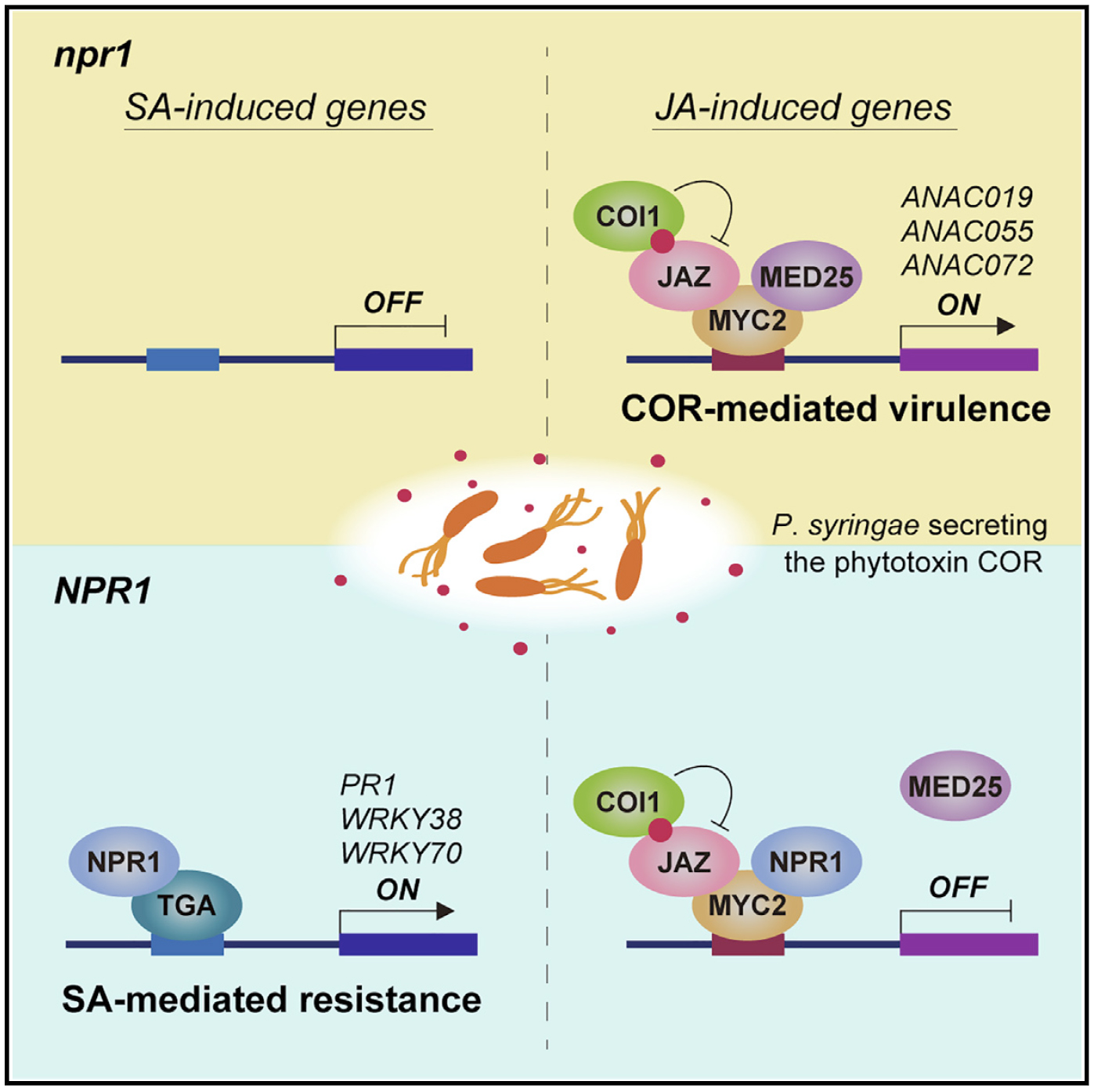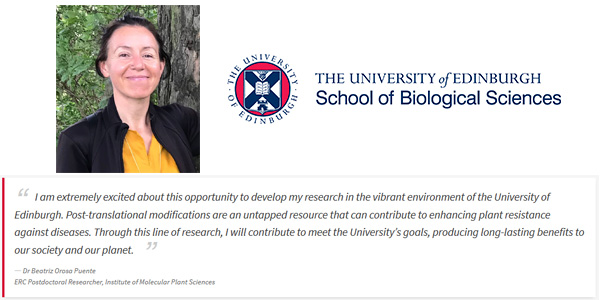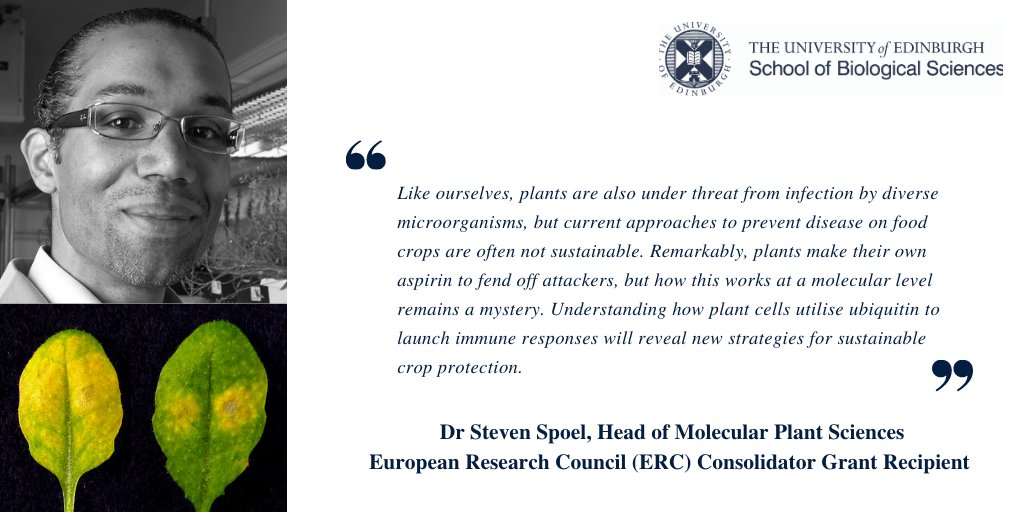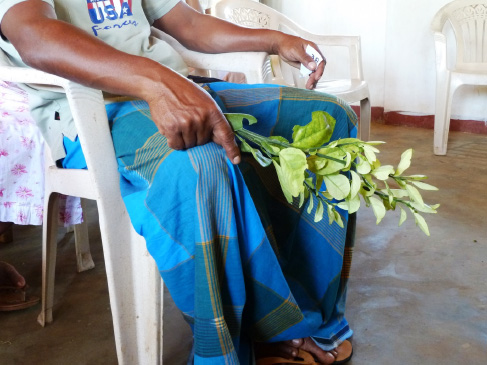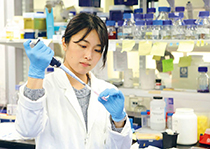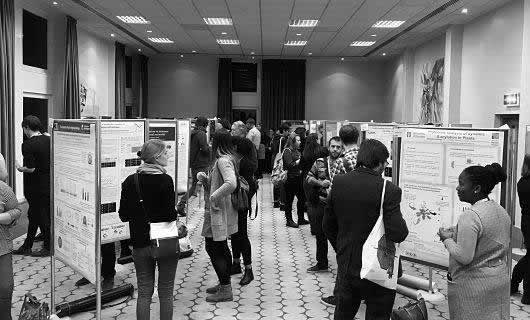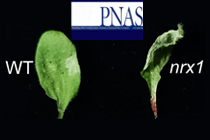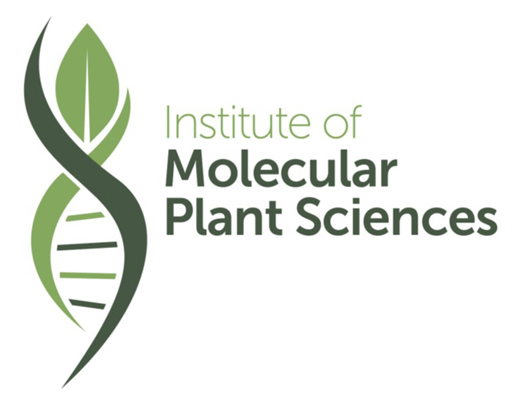Latest News
Steven Spoel elected Fellow of the Royal Society of Edinburgh
Professor Steven Spoel has been named a Fellow of the Royal Society of Edinburgh within the 2023 cohort. The Royal Society of Edinburgh Fellowship comprises some of the greatest thinkers, researchers and practitioners in their field working in or with organisations in Scotland today. A total of 91 fellows were elected to join the current roll of around 1800 fellows representing the sciences, arts, business, sports, civil society and academia from across Scotland and beyond.
Ubiquitin ligase relays that terminate at the proteasome
The stability of gene activators is regulated by the proteasome, a cellular trash bin for proteins. This ensures cells express appropriate levels of each gene. We discovered that gene activators are sequentially modified with chains of the small protein ubiquitin added by different ubiquitin ligases. Such ubiquitin ligase relays not only target gene activators to the proteasome, they also prevent them from stalling at the proteasome, ensuring high degradation efficiencies.
Spoel & Tada labs solve plant hormone interaction riddle
More than 18 years after identifying the NPR1 gene regulator as a mediator of cross talk between the plant immune hormones salicylate and jasmonate, the Spoel and Tada research groups partnered up to reveal the molecular mechanism. These findings finally elucidate how plants suppress the virulence effects of the phytotoxin coronatine secreted by the devastating bacterial leaf pathogen Pseudomonas syringae.
Dr. Beatriz Orosa awarded Chancellor's Fellowship
Spoel Research Group awarded €2M in ERC funding
Plant Health report on Huanglongbing citrus greening pandemic
Spoel group members Lindsay Williams, Jade Bleau and Beatriz Orosa publish a historical overview of Huanglongbing citrus greening disease and its economic, social and environmental impacts. The report was sponsored by the British Society for Plant Pathology (BSPP) and is part of a series of an historical overviews of plant pandemics.
Women's leadership promises a bright future: Dr. Mika Nomoto
The Government of Japan's "We are Tomodachi" magazine publishes an article on long-term collaborator and L'Oreal-UNESCO Women in Science Award winner, Dr. Mika Nomoto, who was on sabbatical in the Spoel Research Group. The article highlights the need for increased diversity in science.
Ubiquitin chain length determines activity of gene expression activators
The Spoel Research Group publishes a paper in eLIFE reporting a new mechanism by which gene expression activators may be regulated. Activator modification by ubiquitin chains of dynamic length is shown to underpin functional gene expression responses during onset of plant immunity.
BBSRC Discovery Fellowship awarded to Lucas Frungillo
Dr. Lucas Frungillo wins a prestigious BBSRC Discovery Fellowship. The fellowship, worth £300K, provides support for researchers to undertake independent research and gain leadership skills. The fellowship will be hosted by the Spoel Group.
Cellular trash bins show a surprising activity that controls plant immunity
The Spoel Research Group publishes a paper in PLoS Pathogens showing that plant proteasomes, which function to degrade proteins, contain an unexpected activity that is required for appropriate activation of plant immune responses.
"No-deal" is a bad deal for science
Dr. Steven Spoel worked with The Royal Society to produce a Brexit no-deal factsheet. The data indicate that if the UK leaves the EU without a deal, it will impact on scientific research immediately and could take years to recover from. The factsheet explains why leaving the EU with "no-deal" is detrimental to science.
 GARNet report on plant science funding
GARNet report on plant science funding
GARNet, a supportive network for the fundamental UK plant science community, publishes a report on BBSRC funding for plant science. The report brings to light unexpected funding trends that led GARNet to make recommendations to the BBSRC and the community.
Report published on GARNet- and SEB- organised conference
The SEB publishes a meeting report by Dr. Lucas Frungillo from the Spoel Research Group. The article summarises the cutting-edge science presented at a recent international conference held in Edinburgh on the role of post-translational modifications in shaping plant phenotypes.
 Cell Scientists to Watch
Cell Scientists to Watch
The Journal of Cell Science publishes an interview with Steven Spoel. The interview discusses career progression, past and current science in the Spoel Research Group and future challenges that are being addressed.
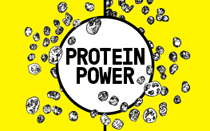
GARNet-SEB conference on importance of post-translational modifications
GARNet and SEB joined forces to deliver the first conference on the functional roles of diverse post-translational modifications in plant biology. Conference delegates gathered for three days in the beautiful city of Edinburgh to discuss advances and to gain hands-on training in a workshop.
New editorial preview in Molecular Cell on "Modulating the Modulator"
The Spoel Research Group writes an editorial preview in Molecular Cell that discusses an important new publication from the Prof. Jianru Zuo's group at the Chinese Academy of Science in Beijing. The commentary discusses their findings on how nitric oxide signalling controls protein methylation during responses to abiotic stress.
Enzyme discovered that protects cellular anti-oxidants from becoming damaged
The Spoel Research Group publishes a new article in PNAS describing the discovery of an enzyme that protects cellular antioxidants from becoming damaged. This finding has potential wide-ranging implications from agricultural to biomedical healthy ageing research.
